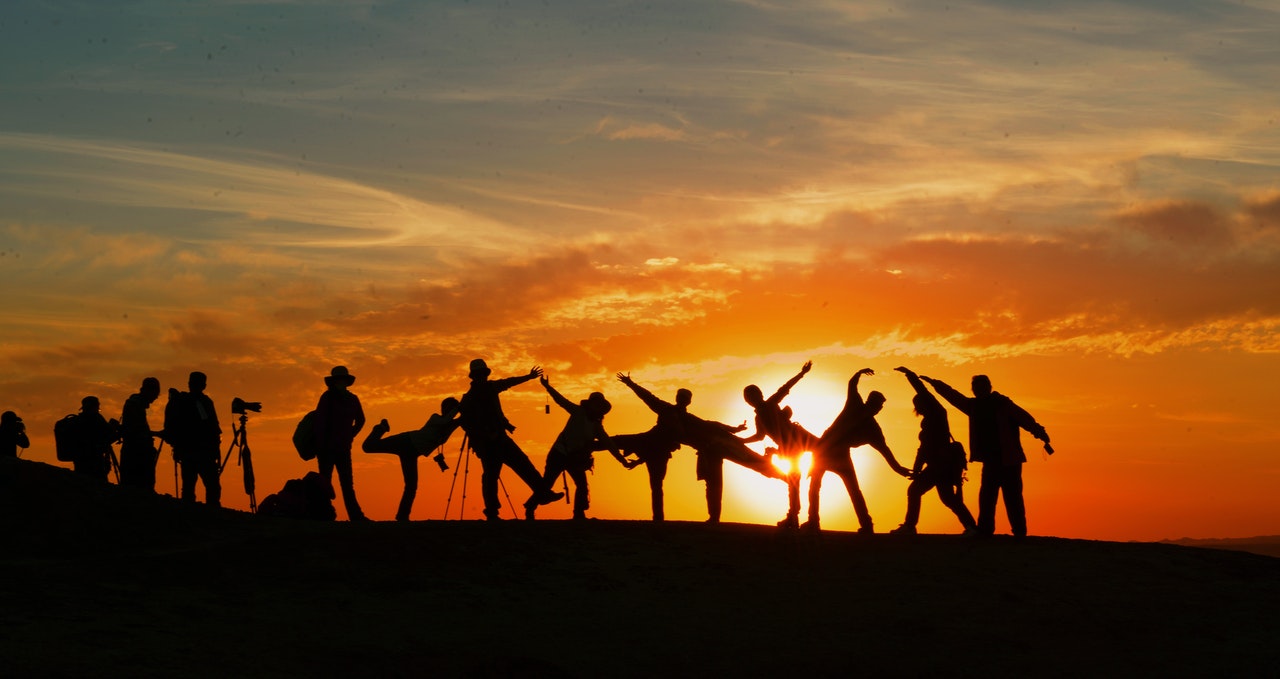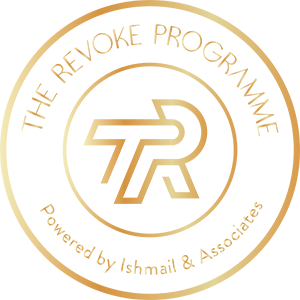Being new to sobriety is a time of immense change – we’ve managed to break free of the physical hold substances had on us, and we’re keeping the mental cravings at bay. However, recovery isn’t a static process, and you need to remain dynamic to sustain it.
One of the most common worries people have in early recovery is about socialising. If we’ve relied on a chemical to boost our confidence, quell our anxiety, and kill boredom, it’s natural to have some concerns. It’s important to remember that recovery does not mean your social life has to end – connection is an important ancillary for recovery, and you didn’t get sober to be miserable.
It’s absolutely possible to maintain a social life and an active recovery if you take the necessary precautions – you might even dance again! You’ll be able to look back on the good times with a clear head, and the writhing ball of morning-after anxiety will be a thing of the past.
Understand the Difference Between Acquaintances and Friends
In active addiction, we often headed wherever the drugs or alcohol were and socialising was a secondary concern. After all, people like having others around them who mimic their behaviours to normalise their own. During the very early stages of your recovery, you might have had to resist going to these sorts of events, and you might be asking yourself if you ever can again.
It’s useful to examine your motivations for going to a gathering which might feature alcohol or drugs. Are you seeing friends who support your recovery? Or are you hanging around with acquaintances with whom your main common interest is substance use? If you answered yes to the second question, you’re playing a dangerous game.
Have an Exit Strategy
It would be impossible to live your life fully without attending an event where there is alcohol present at some point. Of course, we’re not recommending you jump straight back into these situations immediately after leaving treatment, but you can’t hide away forever.
As with much of recovery, communication is key. Make sure that you’ve got a few people present you can talk to if you’re experiencing cravings, and don’t be afraid to leave if you have to. It’s not worth jeopardising your recovery for the sake of missing a few hours of socialising – there will always be other times.
If you’re feeling overwhelmed, you don’t need to make a grand exit. Don’t worry about appearing rude – your safety is the most important thing. You can always explain at a later date, and if they’re your true friends, they’ll understand.
Order a Soft Drink Straight Away
Make it a large one – you’ve earned it! This can be a great way to avoid any well-intentioned, but awkward situations of having to turn people’s drink offers down.
If possible, check with the hosts beforehand that an alcohol-free option will be available – this is particularly useful at weddings. Don’t let anyone tell you that toasting without an alcoholic drink is bad luck – your recovery comes before anyone else’s superstitions!
Breathe Into the Anxiety
It’s completely normal to feel socially anxious, even in situations where we’re well known. Of course, this can be amplified in new sobriety as we’re unused to navigating the social landscape without a drink in our hands.
First, it’s important to know that even the most extroverted characters can feel nervous and awkward in public – often, they’re just better at hiding it. Second, there are certain activities you can do to calm yourself down that don’t involve substances.
When we’re nervous, we typically move into thoracic breathing. This comes from the chest in short, frantic breaths – you might not even notice you’re doing it. Abdominal, or diaphragmatic, breathing is a much deeper style – you allow your lungs to expand fully and inhale deep into your belly.
Abdominal breathing stimulates the parasympathetic nervous system and helps us bring our bodies back into a state of calm. Our heart rate slows down, our muscles relax, and our body tells our brain that we’re in a safe space.
Reframe Your Thoughts
If you’ve recently undergone any sort of addiction treatment, you’ve probably experienced some form of cognitive-behavioural therapy to help rid yourself of negative thought patterns and replace them with positive ones.
Instead of focusing on what could potentially go wrong with an evening, think about it as a totally new adventure. You’re about to experience a side of life you’ve never thought possible, so celebrate it in your head! This is a chance to deepen your connections with other people, have interesting conversations that you’ll remember, and have the opportunity to discover who you really are!
The most important thing to remember about sober socialising is to trust your instincts – they’re usually right. If you’re having major doubts about an event, don’t be afraid to swerve it. Finding another night out is easy – finding your way back to recovery isn’t always as simple.
Recover With Revoke
If you’re struggling to connect to others, Revoke is here to help. Our Dayhab and Nighthab programmes work with your schedule and provide a mix of group and individual therapy to help you tackle the root cause of your addiction.



